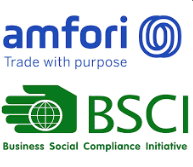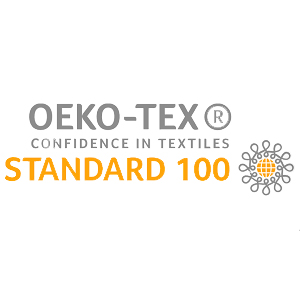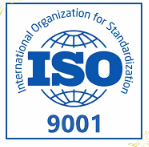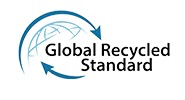Are Ethical and Sustainable Practices Prioritized by Panties Factories?
Introduction
In today's globalized world, consumers are becoming increasingly conscious of the ethical and environmental impact of their purchasing decisions. As a result, many industries, including the fashion industry, are facing scrutiny for their production practices. This article aims to explore the extent to which ethical and sustainable practices are prioritized by panties factories. Are these factories taking the necessary steps to ensure fair labor practices, minimize environmental impact, and promote social responsibility? Let's delve deeper into this issue and shed light on the state of the panties manufacturing industry.
Ethical Dimensions of Panties Manufacturing
Ethics in the manufacturing industry revolve around fair labor practices, humane working conditions, and workers' rights. Panties factories must ensure that their workers are treated fairly and provided with safe working environments. However, reports and investigations have exposed numerous instances of worker exploitation, low wages, and unsafe conditions within the industry.
To illustrate, several factories have been accused of employing underage workers and subjecting them to hazardous working conditions. This highlights the urgent need for more stringent regulations and monitoring to protect the rights of workers involved in the manufacturing of panties. While some factories have implemented ethical practices, such as fair wages and regular health and safety audits, such initiatives remain the exception rather than the norm.
Sustainable Practices in Panties Manufacturing
Sustainability in the panties manufacturing industry involves minimizing environmental impact by adopting eco-friendly practices throughout the production process. This includes reducing water consumption, using organic fibers, and implementing efficient waste management systems.
Unfortunately, many factories still rely heavily on unsustainable practices. For instance, conventional cotton, a commonly used material in panties manufacturing, requires excessive amounts of water and pesticides to cultivate. This has significant environmental repercussions, including water scarcity and chemical pollution.
On a brighter note, some factories have taken steps towards sustainability by embracing innovative materials like bamboo or recycled fabrics. Additionally, they have implemented water recycling systems, reduced energy consumption, and adopted biodegradable packaging. However, these practices remain limited and need to be more widespread to achieve a significant positive impact on the environment.
Challenges Faced by Panties Factories
While the concept of prioritizing ethical and sustainable practices is commendable, panties factories face numerous challenges in implementation. One of the core obstacles is cost. Adhering to ethical standards often requires significant investments in labor, materials, and infrastructure. This added cost can be a deterrent for some factories, particularly those operating in price-sensitive markets.
Furthermore, ensuring sustainability in the face of fast fashion trends poses another challenge. The industry's demand for rapid production and cheap prices often conflicts with sustainable practices. To keep up with consumer demands, some factories resort to speed-driven production at the expense of worker and environmental well-being.
Initiatives and Solutions
Despite the challenges, there is a growing recognition within the industry that change is necessary. Several initiatives have emerged to address these concerns and encourage ethical and sustainable practices among panties factories.
One such initiative is the development of certifications and standards, such as Fair Trade and Global Organic Textile Standard (GOTS). These certifications ensure that factories adhere to specific criteria, regarding fair treatment of workers, environmental protection, and traceability of materials. By obtaining these certifications, panties factories can demonstrate their commitment to ethical and sustainable practices.
In addition to certifications, collaboration among stakeholders is crucial. Brands, retailers, and consumers need to actively support and demand ethical and sustainable products, creating a stronger market incentive for factories to prioritize such practices. Moreover, governments and regulatory bodies must strengthen labor and environmental regulations, ensuring compliance and penalizing non-compliant factories.
In conclusion, the panties manufacturing industry still has a long way to go in terms of prioritizing ethical and sustainable practices. While some progress has been made, it remains a challenge for many factories to align their operations with these principles. However, with increased awareness, stringent regulations, and collective efforts, the tide can turn, leading to a more ethical and sustainable future for the panties industry. As consumers, let us strive to make informed choices and support brands and factories that actively prioritize ethical and sustainable practices – our purchasing decisions can make a difference.
Nowadays, it is very common for us to utilise in best lingerie for curvy women. And the quality of is decisive to production efficiency.
Have you been looking for a good custom swimsuits plus size activewear manufacturers provider? If so, we suggest that you check out Shantou Ladymate Apparel Co., Ltd. at LADYMATE Apparel.
With wide range of [分类关键词] products of top quality in offer, Shantou Ladymate Apparel Co., Ltd. will definitely be your best option for full cup Bra solution. Do feel free to contact us at LADYMATE Apparel.












